
Basil May Protect Against Alzheimer’s
A preclinical study finds that a natural component in basil reduces neurotoxicity in the Alzheimer’s brain. Learn more.

A preclinical study finds that a natural component in basil reduces neurotoxicity in the Alzheimer’s brain. Learn more.
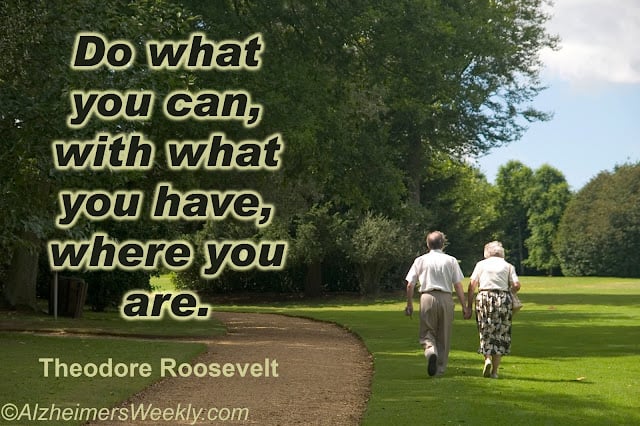
Do what you can, with what you have, where you are. (T-shirt)

“Alzheimer’s Sheds” offer productive activities in early-stage dementia. See one run by Alzheimer’s Australia NSW and the Australian Men’s Shed Association. See it reduce social isolation, while contributing to the community.

Can something as simple as a good night’s sleep help prevent and even slow down Alzheimer’s?
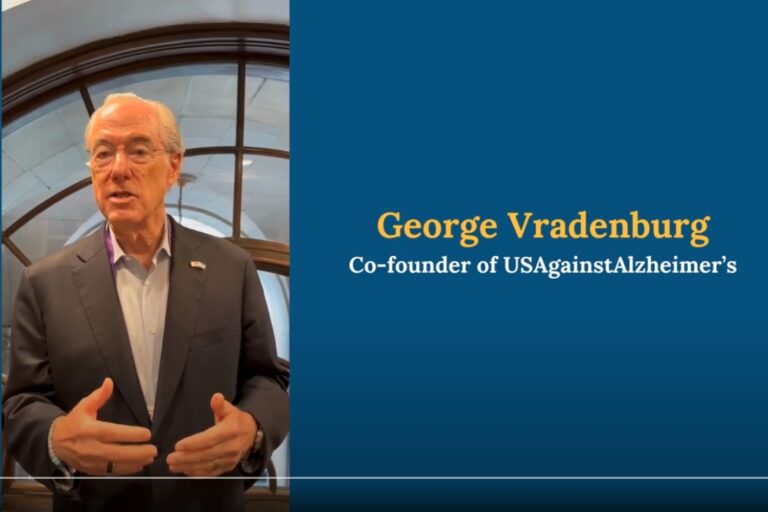
AAIC 2024 is the Alzheimer’s Association’s International Conference. The world’s leading scientists, researchers, and clinicians gather to discuss the latest discoveries and upcoming research. Ranging from new biomarker blood tests to VR technology, see exciting and promising news coming from the 2024 conference.

Watch Teddy Mac, diagnosed with dementia, belt out a wonderful song on a drive with his son.
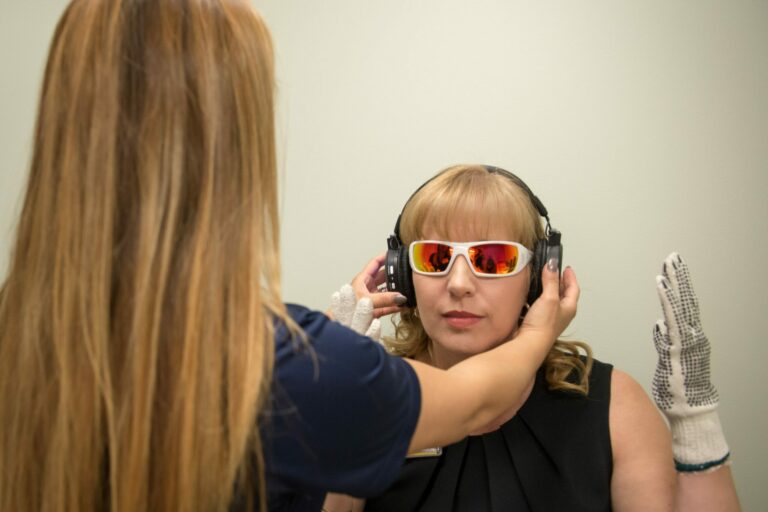
A 12-minute virtual Alzheimer’s tour helps care professionals understand and teach more than they ever imagined about dementia. Learn what a loved one with dementia is going through. Find out what the “Community Edition” has to offer.

Watch the huge “Giving Voice Chorus” come alive and rise above Alzheimer’s. Get inspired by the music that Alzheimer’s can’t shake.
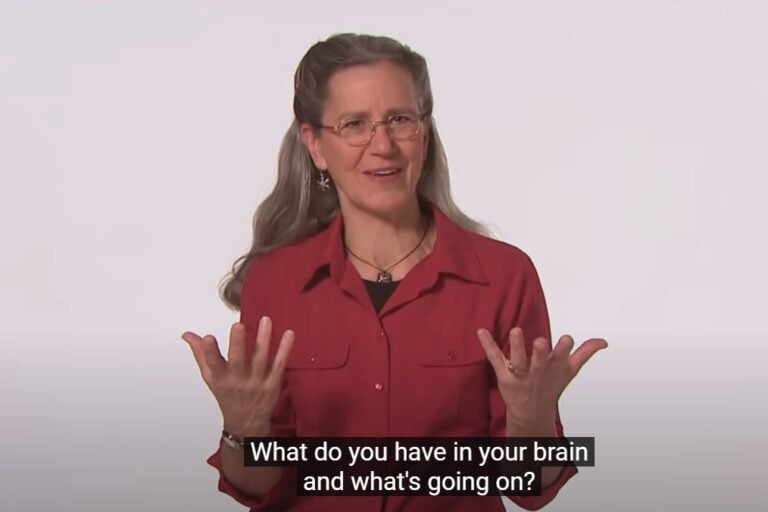
TEEPA CARE VIDEO:
Teepa Snow explains what to expect as dementia takes over the brain. Learn how our fascinating brains work and affect our behavior.

Life is mostly froth and bubble, but 2 things stand like stone: Kindness in another’s trouble, courage in your own. (Magnets, posters, etc: – click
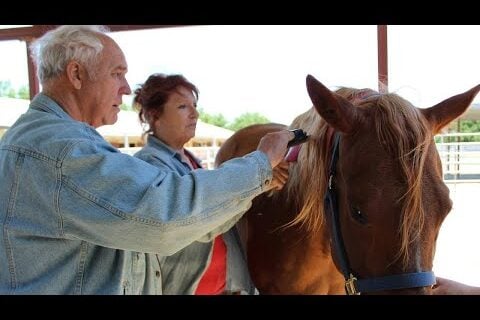
A University of California at Davis study examines how connection, through activities with horses, improves life with dementia.

Courage does not always roar.
Sometimes it is a quiet voice at the end of the day saying,
“I will try again tomorrow.”

If your loved one asks a little too often, “What’s the time?” “What day is it?”, easily solve the problem with these Battery-Operated Dementia-Calendar-Clocks. No wires, hang them on any wall, stand them on any table.

SHORT-TERM MEMORY lapses are obvious signs of Alzheimer’s, but other tell-tale signals begin to show much earlier. Learn how to look for semantic impairments, such as simple questions about size.

Three important dementia studies focus on HS-AGING, a type of dementia almost as common as Alzheimer’s in the 85+ group. Yet few people have heard of it. Why? What makes it different?

An intriguing study of 120 grandmothers might surprise you. Doctors know socially engaged people have better cognition and less dementia. But can a person get too much of a good thing? What’s the right balance?

Enjoy this great duet between a musician with dementia and his son. A triumph of spirit over Alzheimer’s! Sing-a-long if you like!
No spam, only news and updates.


